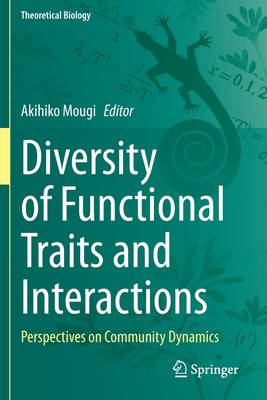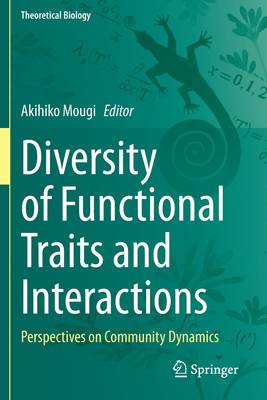
- Retrait gratuit dans votre magasin Club
- 7.000.000 titres dans notre catalogue
- Payer en toute sécurité
- Toujours un magasin près de chez vous
- Retrait gratuit dans votre magasin Club
- 7.000.0000 titres dans notre catalogue
- Payer en toute sécurité
- Toujours un magasin près de chez vous
Diversity of Functional Traits and Interactions
Perspectives on Community Dynamics
125,95 €
+ 251 points
Description
(1) All chapters commonly include very recent researches all of which are totally different from current major theory on species coexistence.(2) Provides novel viewpoints on a major puzzle in ecology, complexity-stability debate.(3) Provides novel methods to study the complex community dynamics.
Spécifications
Parties prenantes
- Editeur:
Contenu
- Nombre de pages :
- 213
- Langue:
- Anglais
- Collection :
Caractéristiques
- EAN:
- 9789811579554
- Date de parution :
- 01-11-21
- Format:
- Livre broché
- Format numérique:
- Trade paperback (VS)
- Dimensions :
- 156 mm x 234 mm
- Poids :
- 317 g

Les avis
Nous publions uniquement les avis qui respectent les conditions requises. Consultez nos conditions pour les avis.





